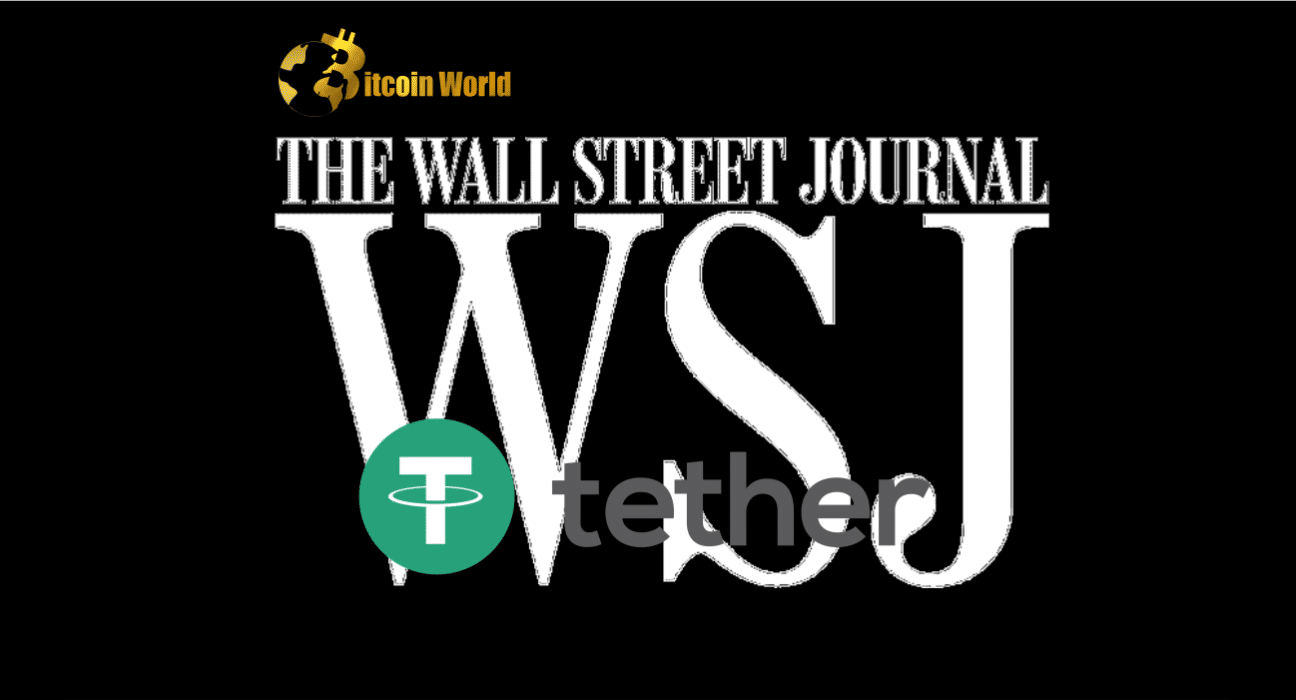The business that created the stablecoin Tether USDT$1.00 has refuted a Wall Street Journal story that said it was connected to organizations that falsified paperwork and utilized front companies to keep access to the banking system.
On March 3, the WSJ published a story on stolen emails and documents that claimed to show that Tether and Bitfinex’s sister company fabricated sales invoices and transactions and hid behind intermediaries to create bank accounts that they otherwise may not have been able to.
Tether referred to the report’s conclusions as “stale allegations from a long time ago” and “wholly inaccurate and misleading” in a statement released on March 3. It also stated that Bitfinex and Tether have top-notch compliance programs and follow all applicable laws pertaining to anti-money laundering, know your customer, and counter-terrorism financing.
The company continued by claiming that it was a “proud” collaborator with law enforcement and that it “routinely and willingly” helped authorities both domestically and internationally.
On March 3, Paolo Ardoino, the chief technical officer of Tether and Bitfinex, tweeted that the article had “misinformation and falsehoods” and implied that the WSJ writers were clowns.
Tether and Binfinex were approached by Cointelegraph for comments on the article and their statement, but no answer had been received at the time of publishing.
The WSJ article describes Tether and Bitfinex’s apparent dealings to stay connected to banks and other financial institutions that, if cut off from, would be “an existential threat” to their business, according to a lawsuit the two have filed against Wells Fargo bank. This is done through its reported review of leaked emails and documents.
According to one of the exposed emails, the company’s middlemen in China allegedly tried to “circumvent the banking system by submitting false sales invoices and contracts for each deposit and withdrawal.” The report also made allegations that Tether and Bitfinex, among other things, had connections to a company that allegedly served as a money-laundering front for a terrorist organization designated by the United States and had used various strategies to get around restrictions that would have barred them from financial institutions.
According to a source familiar with the situation, the U.S. Attorney’s Office for the Southern District of New York has been leading the investigation into Tether at the Justice Department. The investigation’s nature could not be identified.
Over the last several months, Tether has been the target of numerous accusations of malfeasance. Most recently, the company was forced to play down a second WSJ piece from early February that said four men had controlled around 86% of the company since 2018. Similar to this, it had to overcome “FUD” (fear, uncertainty, and doubt) brought on by a WSJ piece on its secured loans in December and made a commitment to avoid lending money from its reserves.
Disclaimer: The information provided is not trading advice, Bitcoinworld.co.in holds no liability for any investments made based on the information provided on this page. We strongly recommend independent research and/or consultation with a qualified professional before making any investment decisions.

